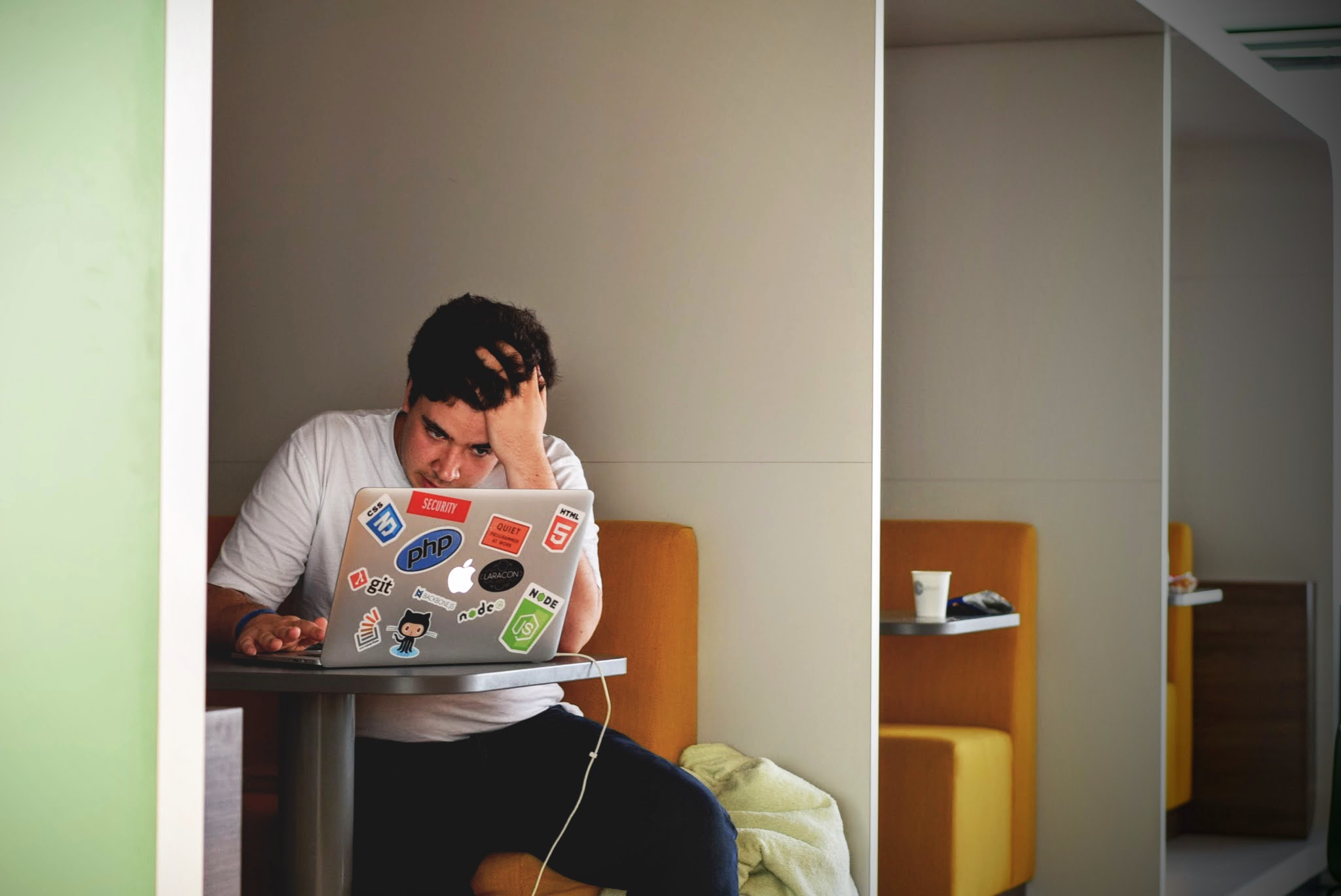They say live now and sleep when you’re dead. But did you know that a lack of sleep can actually kill you? OK – before you panic, it’s not been proven that any human has actually died from total sleep deprivation. Rodents were used in an experiment by Allan Rechtschaffen in the 1980s to record the effects of 32 days of zero sleep. They all died. However, it is the physical and mental changes that occur with a total lack of sleep that are most likely to have been the final cause of death. A rise in blood pressure and dramatic changes to your blood glucose levels can become lethal for some.
Sleep Deprivation
Sleep supports the essential processes of the body. It also supports the chemical reactions and neurons in the brain. Anyone who has gone without sleep for over 48 hours will tell you that the line between reality and hallucination can become quite blurred. Paranoia can easily set in too. Those suffering from sleep deprivation may frequently feel cold and hungry. Fortunately, most of us, including those with chronic insomnia, can sleep for minimal periods most nights of the week. That doesn’t make it any less unpleasant, though!
The first full twenty-four hours of sleeplessness will cause changes in your cortisol or TSH levels. As cortisol is known as the stress hormone, you may feel the side effects of this quite prominently. And recent studies suggest this hormone could be responsible for weight gain. Add that to the desire to consume more carbohydrates in your second day without sleep, and it’s no wonder that we feel heavier and more sluggish.
Fatigue is something the military deliberately inflicts on its personnel to train them to push on in tough situations. Limited sleep and sleep deprivation can cause fatigue. Add to it a grueling and punishing physical training routine and your entire body will be feeling awful. The mental challenge of overcoming this fatigue is incredibly hard as your mind will also be starved of much-needed sleep. Anyone who has suffered bouts of insomnia can sympathize with those deliberately forced to face fatigue.
Glucose can no longer be metabolized correctly after periods of zero sleep. As the brain relies on glucose as an energy source, this can wreak havoc with your focus and attention span. The body temperature also drops, causing you to feel shivery and weak. And finally, you’ll start to pick up colds and other viruses more easily as your immune system fails to work efficiently. Of course, a few nights of good sleep should reverse all these problems with no permanent damage done. However, the effects of lost sleep on the brain can have more dire consequences.
Facts and Stats
It is thought that 1550 deaths on the roads each year are caused by tired drivers. According to the National Sleep Foundation’s 2005 Sleep in America poll, as many as 103 million American people have admitted to falling asleep at the wheel of their car! It’s true that a lack of quality sleep will impair your mental function and make you feel so tired you could fall asleep at the most dangerous of moments.

BBC News recently reported that a lack of sleep is costing the UK economy a whopping £40 billion a year. In the US 1.2 million working days are lost each year, costing the equivalent of 2.28% GDP. The research, from RAND Europe, suggests that those getting less than 6 hours of sleep a night were contributing to economic losses with poor work performance, or by not turning up to the workplace at all. They also suggest this group was 13% more likely to die early.
Emotional Nightmare
It is thought that a lack of sleep has a negative effect on your moods. The amygdala becomes overactive so you might feel more angry and negative about everything around you. And because you’re sleep deprived, you’re going to have very little control or ability to rein that anger in! These negative moods can feel like depression as well. You might even feel like the whole world is against you. And being polite? It probably won’t happen while you’re struggling to sleep well.
Those suffering from sleeplessness can struggle to let things go emotionally too. Conversations or actions that would ordinarily cause no adverse reaction at all can suddenly provoke irrational outbursts. You’ll snap at your partner, your kids, or even your pets. You might finally tell your boss exactly what you think of them. You could appear emotionally charged even though you can barely keep your eyes open.
Fatigue can bring with it confrontation, anger, a lack of focus, and poor judgment. Getting behind the wheel of a car, or caring for a restless infant can become very dangerous. Relationships can break down, you might get fired, or you may get hurt. Sleeplessness can impair your view of the world as much as alcohol or drug intoxication. It goes far beyond the physical harm, and deep into the realm of mental and emotional breakdown. Anxiety and stress can quickly become everyday problems for those with chronic insomnia.
READ MORE…
This article is an excerpt from the book ‘Sleep Well: Reduce Insomnia And Increase Your Energy, Focus, Health, Fitness And Creativity By Sleeping Better Every Night‘. You can sign up to receive a full copy of the book on Kindle below:
